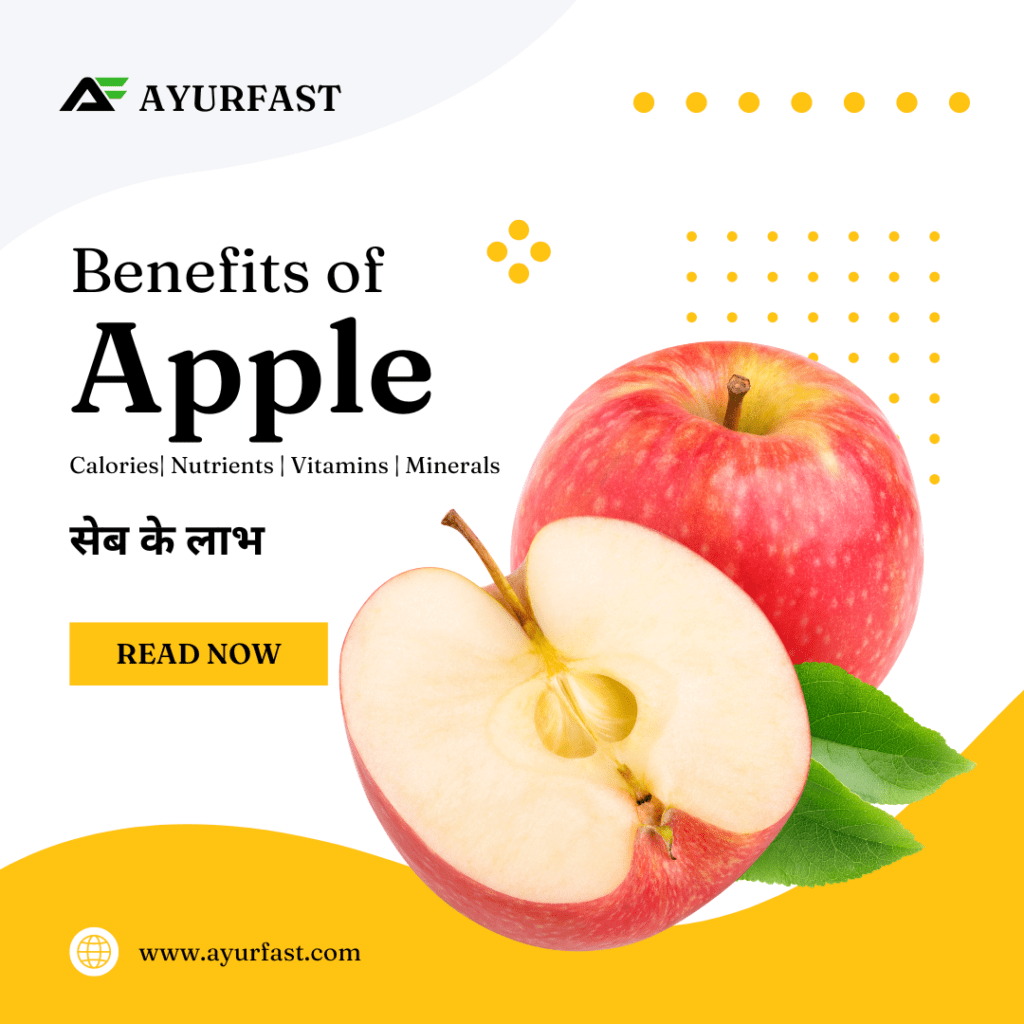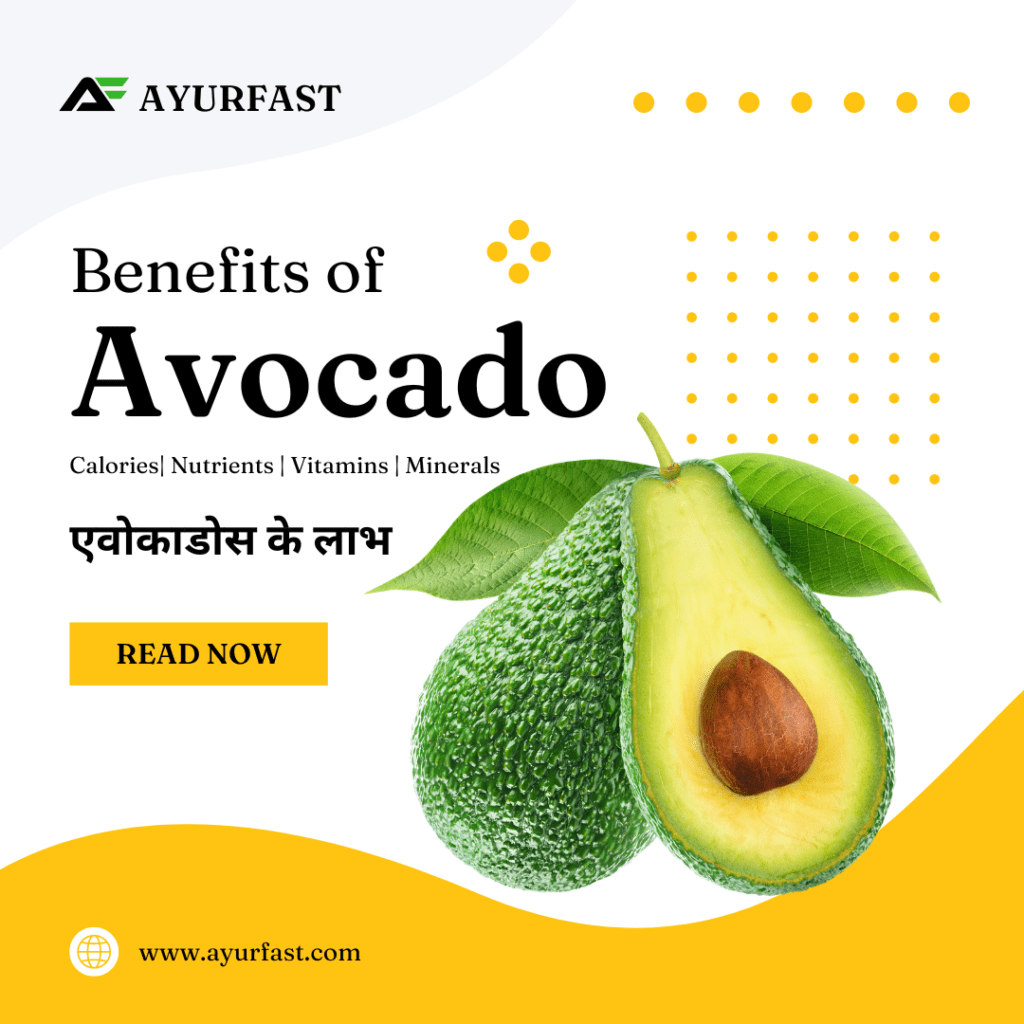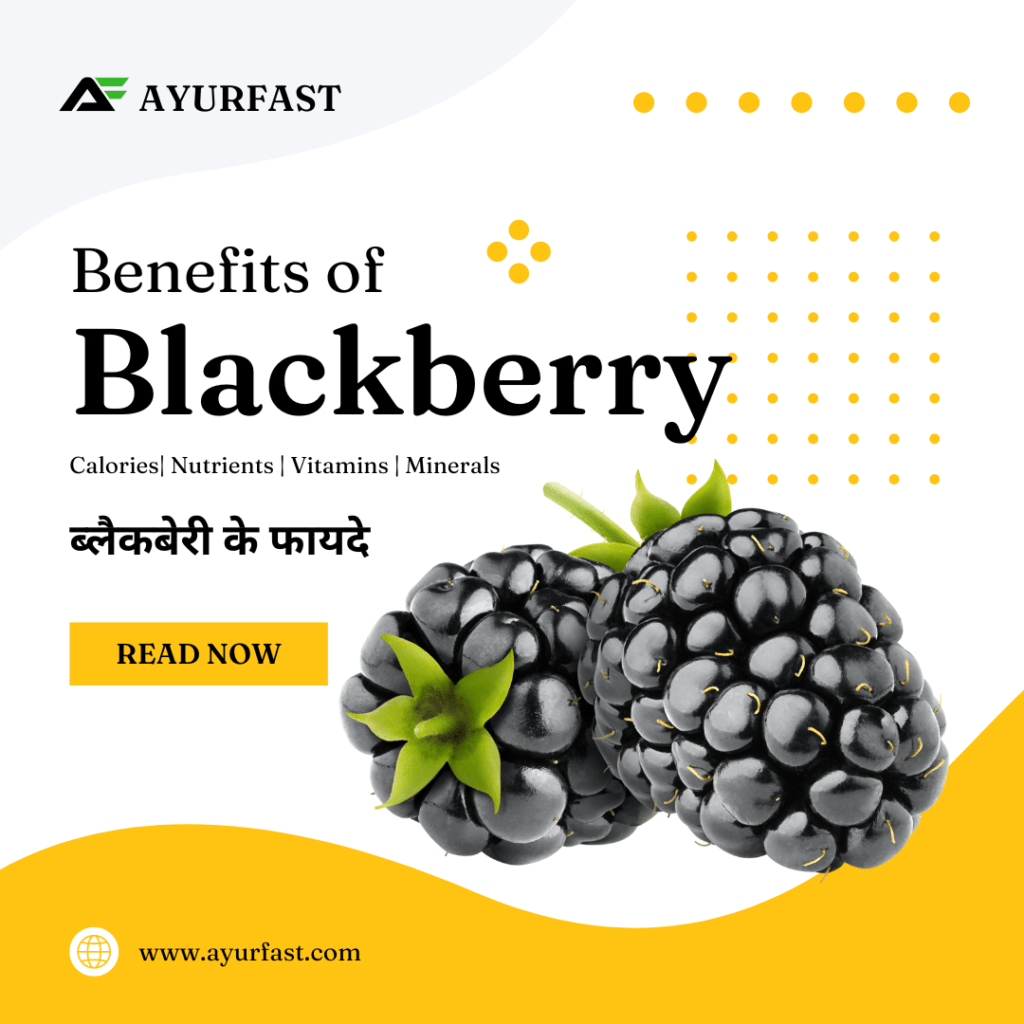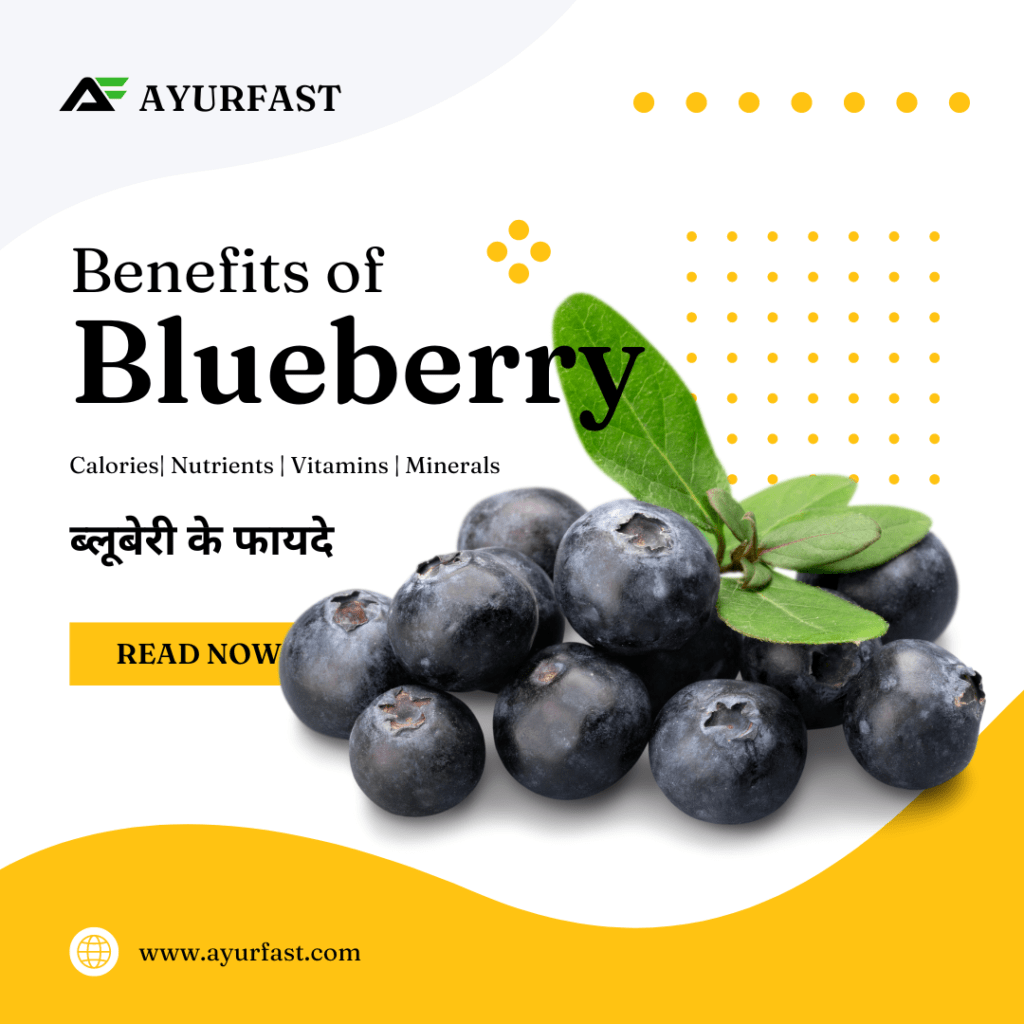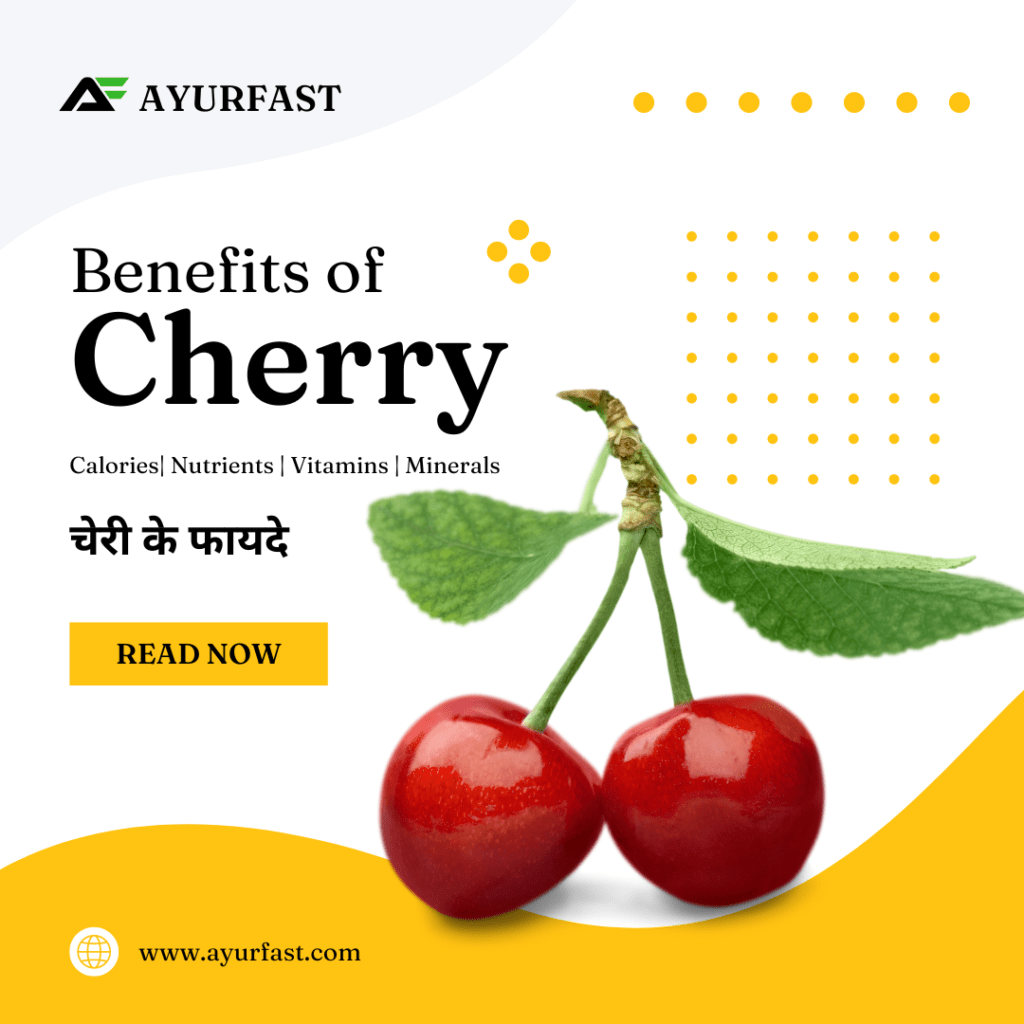About
Watermelon is a refreshing fruit that is juicy, sweet, and packed with nutrients. It has a high water content, making it a perfect choice for staying hydrated during hot weather.
Health Benefits of Watermelon:
-
Hydration: As mentioned, watermelon has a high water content, which makes it an excellent food to keep the body hydrated.
-
Heart Health: Watermelon is rich in lycopene, which has been shown to reduce the risk of heart disease by lowering blood pressure and cholesterol levels.
-
Antioxidant Properties: Watermelon contains various antioxidants such as vitamin C, vitamin A, and lycopene, which help protect the body against oxidative damage and reduce the risk of chronic diseases.
-
Digestive Health: Watermelon is high in fiber, which promotes regular bowel movements and prevents constipation.
-
Skin and Hair Health: Watermelon contains vitamins A and C, which are important for healthy skin and hair.
-
Weight Management: Watermelon is low in calories and high in water and fiber content, which can help with weight management.
-
Boosts Immune System: Watermelon contains vitamin C and other nutrients that help strengthen the immune system.
Diseases that can be cured:
Like tangerines, watermelons cannot cure diseases on their own. However, their nutrient content can be beneficial in preventing or managing certain health conditions. These conditions include:
- Heart disease
- High blood pressure
- Cancer
- Type 2 diabetes
- Constipation
Nutrient Content per serving of 50 grams of Watermelon:
Energy and Macronutrient Content
| Nutrient | Amount |
|---|---|
| Calories | 16 |
| Carbohydrates | 4 g |
| Fat | 0.1 g |
| Protein | 0.3 g |
| Fiber | 0.2 g |
| Water | 44.6 g |
Vitamin Content
| Vitamin | Amount (per 50g) |
|---|---|
| Vitamin A | 172 IU |
| Vitamin B1 (Thiamin) | 0.01 mg |
| Vitamin B2 (Riboflavin) | 0.01 mg |
| Vitamin B3 (Niacin) | 0.2 mg |
| Vitamin B6 | 0.02 mg |
| Vitamin B12 | 0 mcg |
| Vitamin C | 5.5 mg |
| Vitamin D | 0 IU |
| Vitamin E | 0.05 mg |
| Vitamin K | 0.1 mcg |
| Folate | 3.5 mcg |
| Biotin | 0 mcg |
Mineral Content
| Mineral | Amount (per 50g) |
|---|---|
| Calcium | 6 mg |
| Iron | 0.1 mg |
| Iodine | 0 mcg |
| Zinc | 0.06 mg |
| Magnesium | 6 mg |
| Phosphorus | 11 mg |
| Potassium | 91 mg |
| Sodium | 1 mg |
| Chloride | 3 mg |
| Copper | 0.01 mg |
| Chromium | 0 mcg |
| Fluoride | 0 mcg |
| Molybdenum | 0 mcg |
| Manganese | 0.02 mg |
| Selenium | 0.2 mcg |
What Are the Health Benefits of Watermelon?
Watermelon is packed with nutrients, such as vitamins A and C, and antioxidants, which can help protect against chronic diseases like cancer and heart disease. It is also a great source of hydration and can aid in weight loss due to its low calorie and high water content.
How Do You Choose a Ripe Watermelon?
Look for a watermelon that is symmetrical, heavy for its size, and has a uniform shape. The bottom of the watermelon should be a creamy yellow color, which indicates it is ripe. You can also tap the watermelon and listen for a hollow sound, which indicates it is ripe.
What Are Some Delicious Watermelon Recipes?
Watermelon can be used in a variety of recipes, such as salads, smoothies, and even grilled or roasted. Some popular recipes include watermelon feta salad, watermelon sorbet, and watermelon agua fresca.
Is Watermelon a Sweet Fruit?
Yes, watermelon is a sweet fruit with a refreshing, juicy flavor.
What Vitamins and Minerals Are Found in Watermelon?
Watermelon is a good source of vitamins A and C, as well as potassium, magnesium, and lycopene.
Can Watermelon Help Hydrate the Body?
Yes, watermelon is over 90% water and can help keep the body hydrated.
Is Watermelon Low in Calories?
Yes, watermelon is a low calorie fruit, with one cup containing only 46 calories.
What Are the Different Types of Watermelon?
There are several different types of watermelon, including seedless, mini, yellow, and sugar baby.
How Is Watermelon Used in Different Cuisines?
Watermelon is used in a variety of cuisines around the world, such as in Mexican and Thai cuisine, where it is used in salads, salsas, and drinks.
What Are the Health Benefits of Eating Watermelon Seeds?
Watermelon seeds are a good source of protein, fiber, and healthy fats. They can also help promote digestive health and reduce inflammation.
Can You Juice Watermelon?
Yes, watermelon can be juiced and used in a variety of juice recipes.
How Can You Incorporate Watermelon in Salads?
Watermelon can be used in a variety of salads, such as watermelon feta salad, watermelon cucumber salad, and watermelon and mint salad.
How Is Watermelon Prepared for Grilling or Barbecuing?
Watermelon can be sliced and grilled or roasted for a unique and delicious flavor.
What Is the Water Content of Watermelon?
Watermelon is over 90% water.
How Is Watermelon Good for Skin?
Watermelon is a good source of vitamins A and C, which can help promote healthy skin.
What Are the Health Benefits of Citrulline in Watermelon?
Citrulline is an amino acid found in watermelon that can help improve blood flow and reduce muscle soreness.
What Is Lycopene and How Is It Beneficial?
Lycopene is an antioxidant found in watermelon that can help protect against chronic diseases like cancer and heart disease.


